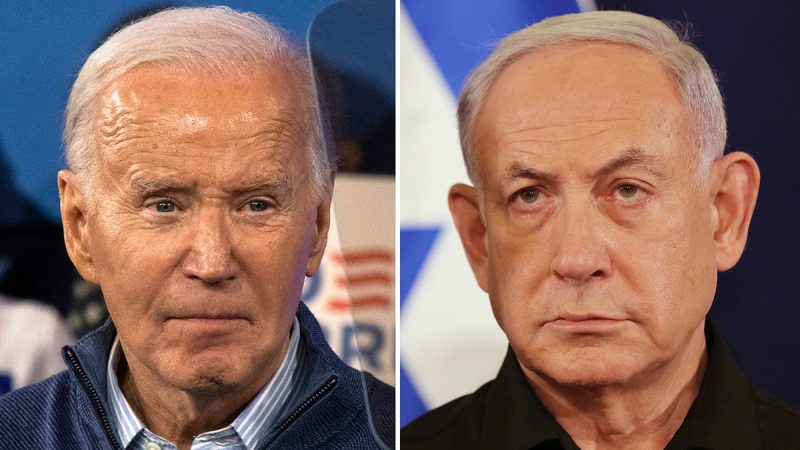In an intricate geopolitical landscape where alliances are often formed based on mutual interests and regional stability, the recent offer by the United States to provide intelligence on Hamas leaders to Israel in exchange for a commitment to exercise restraint in Rafah has aroused significant interest and speculation. This unexpected move highlights the complex dynamics at play in the Middle East and raises questions about the implications for both regional security and the ongoing Israeli-Palestinian conflict.
The relationship between the United States and Israel has long been a focal point of international affairs, with both countries sharing strong political, strategic, and economic ties. The offer to provide intelligence on Hamas leaders demonstrates the depth of this relationship and the willingness of the U.S. to support Israel in its efforts to combat terrorism and ensure its national security. By offering such valuable intelligence, the United States is reaffirming its commitment to standing by its longtime ally in the face of shared security threats.
On the other side of the equation, Israel’s pledge to exercise restraint in Rafah reflects a strategic calculation aimed at maintaining stability in the region and potentially paving the way for diplomatic progress in the Israeli-Palestinian conflict. By choosing to hold back on military action in Rafah, Israel may be signaling a willingness to de-escalate tensions and explore alternative avenues for resolving disputes with its Palestinian neighbors. This could have far-reaching implications for the prospects of peace negotiations and the overall security situation in the region.
However, this exchange of offers between the United States and Israel also raises concerns and considerations that warrant careful examination. The decision to provide intelligence on Hamas leaders, who are key figures in the Palestinian resistance movement, may have broader implications for the internal dynamics of the Palestinian territories and could potentially escalate existing tensions between Hamas and the Palestinian Authority. Furthermore, the nature of the intelligence being shared and the potential consequences of acting on it must be carefully assessed to avoid unintended consequences and further destabilization in the region.
Moreover, the conditions attached to the offer, specifically Israel’s pledge to exercise restraint in Rafah, also raise questions about the balance between security considerations and respect for international law and human rights. While Israel has legitimate security concerns that must be addressed, any actions taken in pursuit of these concerns must adhere to international norms and principles to ensure the protection of civilian lives and the upholding of basic human rights.
In conclusion, the offer by the United States to provide intelligence on Hamas leaders to Israel in exchange for a commitment to exercise restraint in Rafah underscores the intricate web of alliances, interests, and considerations that define the geopolitical landscape of the Middle East. The implications of this offer are multifaceted and require careful analysis to fully grasp their significance for regional security, diplomatic efforts, and the broader Israeli-Palestinian conflict. As events continue to unfold, it will be essential for all stakeholders to navigate these complexities with a focus on promoting dialogue, de-escalation, and ultimately, a path towards lasting peace and stability in the region.


































